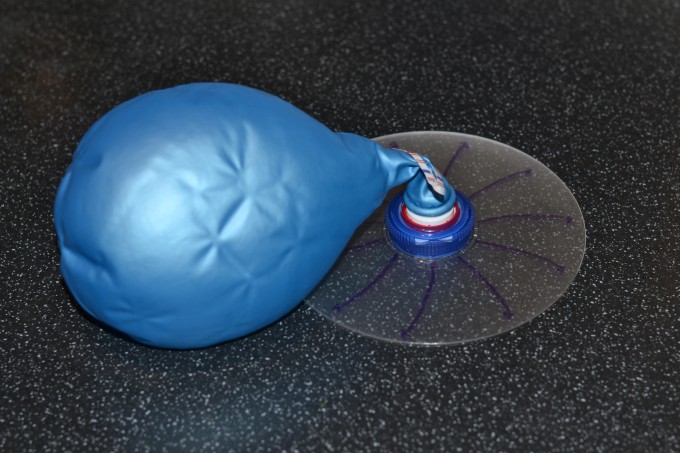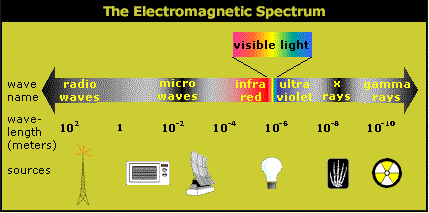Electricity Interactive
The Childrens University of Manchester have created an interactive all about electricity.
Sound
In Year One, the students have been learning about sound. They have been doing lots of experiments about vibrations and how sound travels. This is a simple little clip that helps explain how sound travels.
We also played a little game to help us to think about the sounds around us. Just click on Identifying the Sounds around us.
We are also learning about the different types of sounds including high, low, loud and soft.
Click on the Interactive Sound Ruler to investigate the loudness of sounds.
Some Electricity Clips we are looking at in Year 6
Lots of students are curious about static electricity and what causes it. Bill Nye has a pretty good explanation in this clip.
The other question that often gets raised is "How is lightning made?" That is an interesting question but it's answer is a bit more detailed and we need to know a little bit about positive and negative charges.
Don't always believe what you see!
What Falls Fastest?
During our astronomy unit, we investigated whether mass or velocity affects the size of a crater. Our experiment raised lots of questions and we were curious about how fast things things fall.
We talked about balls and feathers falling through air and wondered what would happen without any air. Below is an interesting clip where we found our answer!
Making Forces Fun
I've recently come across quite a fun website you might like to explore. Just click on the images.
I found a very cool link to making your own simple hovercraft using just a CD, balloon and drink bottle top.
Refraction
Here's something to try and do at home.
Draw an arrow on a piece of paper and hold it behind a glass. Look through the glass and slowly pour water into the glass.
Try experimenting with the distance between the piece of paper and the glass.
Colour Blindness
Some interesting discussion with Year Six about what we see got me thinking about colour blindness. There are lots of online tests that you can try - obviously these should not be used to diagnose if you are colour blind but they certainly are food for thought.
Light and Colour
Year Six have been learning about the visible spectrum. We've also talked about the Electromagnetic Spectrum. Click below to find out more.
Electromagnetic spectrum
Now have a go at the BBC Bitesize Electromagnetic Spectrum activity.
Electromagnetic spectrum
Now have a go at the BBC Bitesize Electromagnetic Spectrum activity.
Make Your Own Spinning Colour Top
Click on the link below the picture.
Make Your Own Cartesian Diver at home
As part of our juniors investigation into year three, we're going to be investigating density and looking at a cartesian diver. Here's a couple of clips that give you simple information and instructions on how to make your own. At school I have some disposable plastic pipettes, if you read this and would like one, just come and ask and I'll happily give you one. Nothing beats having your own go at home! I've also been told that the little McDonalds tomato sauce sachets work really well too.
Simple explanation and instructions to make your own diver at home
A closer view of how to make your own Cartesian Diver
Ex Pupils Practice their throwing skills
Two past pupils of our school (and my Year 8 class!) have won a trip to New York for their amazing clip "It's all gone Pong - Beer Pong trick shots"." Harry Wright and Jonny Fletcher put together a series of shots of them throwing a ping pong ball into a beer cup. There's plenty of science and physics in this clip! Nice work Harry and Jonny. Hopefully we'll get to see them at Wellesley's Centenary celebrations later this year.
Light and Colour
The Electromagnetic Spectrum
Year Six have been learning about the visible spectrum. This is a link to an activity based around the Electromagnetic spectrum - have a go!
You may also like to have a look at Bill Nye's clip all about Light and Colour
Things in Slow Motion
Would be fun to get the older students at school to have a go at making their own clip!
Simple Machines
Link to website which has clear descriptions of simple machines and simple little experiments to try.
http://atlantis.coe.uh.edu/archive/science/science_lessons/scienceles1/finalhome.htm




No comments:
Post a Comment